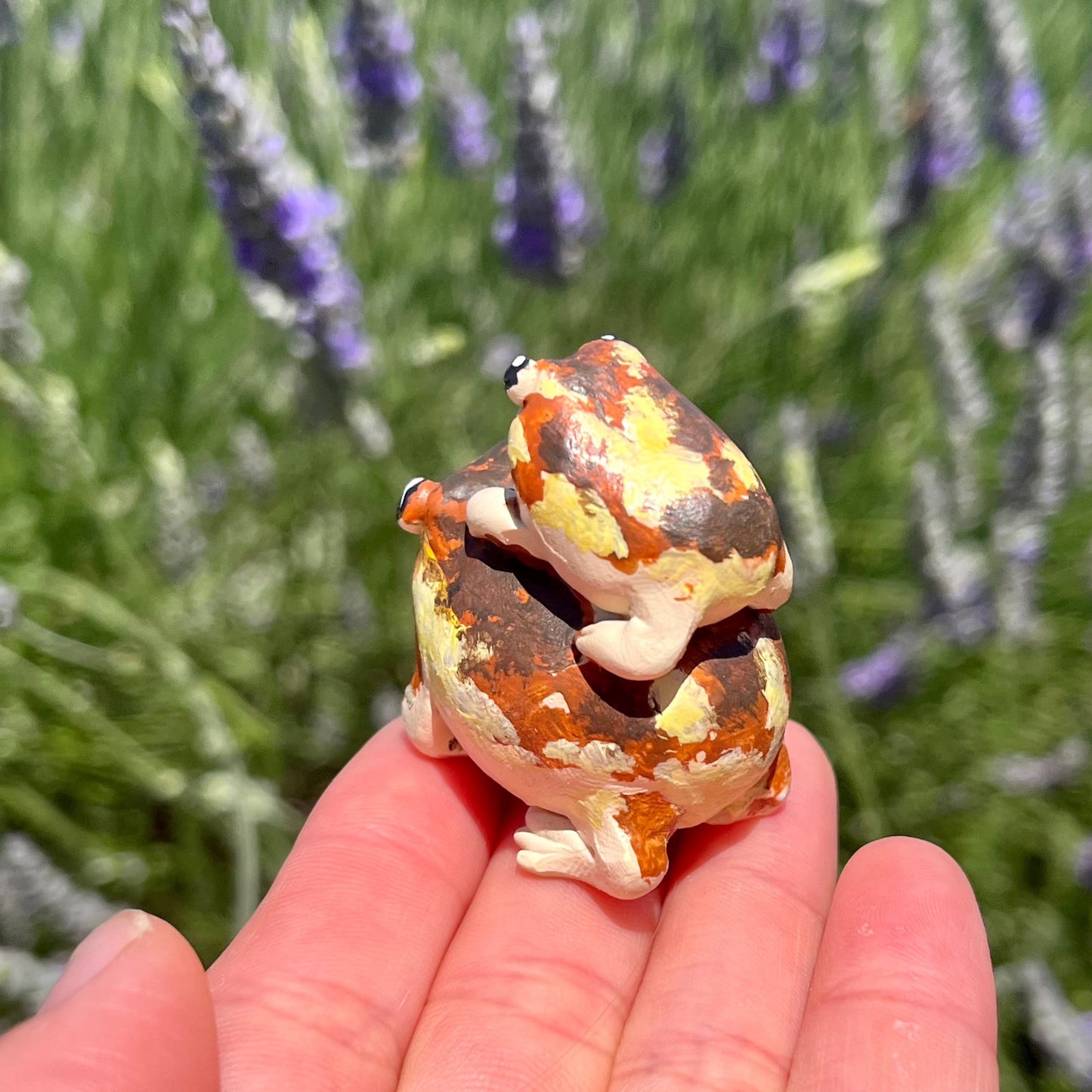Common Health Issues in Reptiles: Symptoms and Solutions
In the elaborate world of reptile care, understanding the common health issues that may impact these special creatures is critical in ensuring their well-being. From respiratory infections that can silently hold to metabolic bone illness that can disable, reptiles are prone to a variety of conditions that need keen monitoring and prompt intervention. Whether it's grappling with parasitical invasions, navigating dehydration problems, or resolving skin conditions that manifest in refined methods, being attuned to the signs and symptoms and outfitted with the understanding of effective solutions is crucial for any kind of reptile proprietor. By delving additionally into the subtleties of these health and wellness issues and discovering the functional treatments readily available, one can protect the health and wellness and vigor of these fascinating pets.
Breathing Infections
Respiratory system infections in reptiles can substantially affect their general health and wellness and require prompt focus from seasoned vets. In reptiles, breathing infections can be particularly challenging to detect and deal with due to their distinct anatomy and physiology.
Therapy for breathing infections in reptiles usually includes a combination of supportive care, such as keeping correct moisture degrees and temperature level slopes in the unit, in addition to targeted medication to address the certain microorganism in charge of the infection. It is crucial for reptile proprietors to monitor their pets very closely for any kind of signs of respiratory distress and look for veterinary care at the earliest indicator of a problem. With timely intervention and suitable treatment, lots of reptiles can recuperate fully from respiratory system infections and resume typical activities.

Metabolic Bone Condition
What variables contribute to the advancement of Metabolic Bone Condition in reptiles?
Metabolic Bone Disease (MBD) in reptiles is mostly triggered by an absence of correct calcium, phosphorus, and vitamin D3 levels in their diet plan. When reptiles do not get appropriate calcium, either through their food or proper UVB direct exposure for vitamin D3 synthesis, they go to a high threat of establishing MBD. Reptiles with diet regimens reduced in calcium or imbalanced calcium to phosphorus proportions are especially prone. In addition, poor exposure to UVB light prevents reptiles from synthesizing vitamin D3, which is important for calcium absorption and bone health.
Not enough moisture levels can also affect a reptile's capability to metabolize calcium effectively. Regular vet examinations, correct husbandry methods, and a balanced diet plan are important to prevent Metabolic Bone Illness in reptiles.
Parasitic Invasions
Parasitic invasions pose a considerable health danger to reptiles, affecting their general health and needing punctual veterinary interest. Reptiles can be influenced by various parasites, consisting of mites, ticks, interior worms, and protozoa. These bloodsuckers can create a variety of signs and symptoms, such as weight management, sleepiness, skin irritation, diarrhea, and also fatality if left neglected.
One usual parasite found in reptiles is the mite, which can trigger skin anemia, inflammation, and anxiety. Ticks are one more outside bloodsucker that can cause and transfer illness pain to the reptile. Inner bloodsuckers like worms and protozoa can lead find out to gastrointestinal problems, poor nutrition, and damage the reptile's body immune system.
To detect a parasitical problem, a vet may do fecal examinations, skin scrapings, or blood examinations. Treatment typically includes deworming medicines, antiparasitic baths, or in serious situations, hospitalization. Preventative steps such as regular veterinary exams, correct health, and quarantine procedures for new reptiles can help minimize the threat of parasitical invasions and make sure the wellness of reptile animals.
Dehydration and Hydration Issues
Dehydration in reptiles can significantly influence their health and wellness and health, requiring prompt intervention and ideal hydration administration. If left untreated, dehydration can lead to significant health concerns and even be deadly to the reptile.
To avoid dehydration, reptile proprietors should make certain that their animals have accessibility to clean water at all times. The water recipe ought to be huge enough for the reptile to take in if required, especially check it out for types that soak up water through their skin. Furthermore, maintaining appropriate moisture degrees in the reptile's enclosure and supplying normal baths can assist protect against dehydration.
In cases of dehydration, it is vital to look for veterinary care quickly. A vet might administer fluids Home Page either orally or with shots to rehydrate the reptile. It is crucial to deal with the underlying root cause of dehydration to stop recurrence and make sure the reptile's total well-being.
Skin Ailments

Verdict

Respiratory infections in reptiles can dramatically influence their total wellness and call for punctual interest from knowledgeable veterinarians (rain frog for sale). Preventative procedures such as routine veterinary exams, appropriate health, and quarantine treatments for new reptiles can assist lessen the risk of parasitical invasions and ensure the health of reptile family pets
If left without treatment, dehydration can lead to serious wellness issues and also be deadly to the reptile.
On a regular basis examining your reptile for any type of modifications in skin shade, texture, or look can assist in very early detection and therapy of skin conditions, advertising the general health and health of your scaly buddy. - rain frog for sale
In verdict, reptiles are vulnerable to different wellness concerns such as respiratory system infections, metabolic bone disease, parasitical infestations, dehydration, and skin disorders.